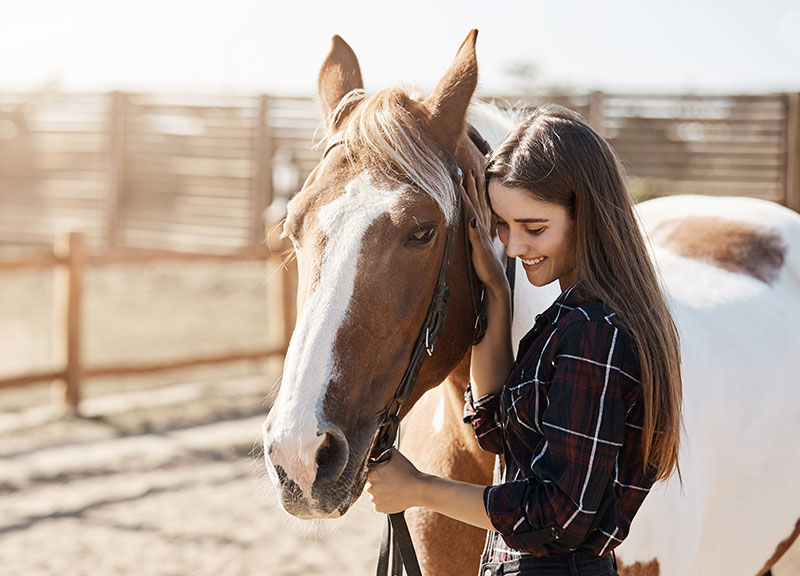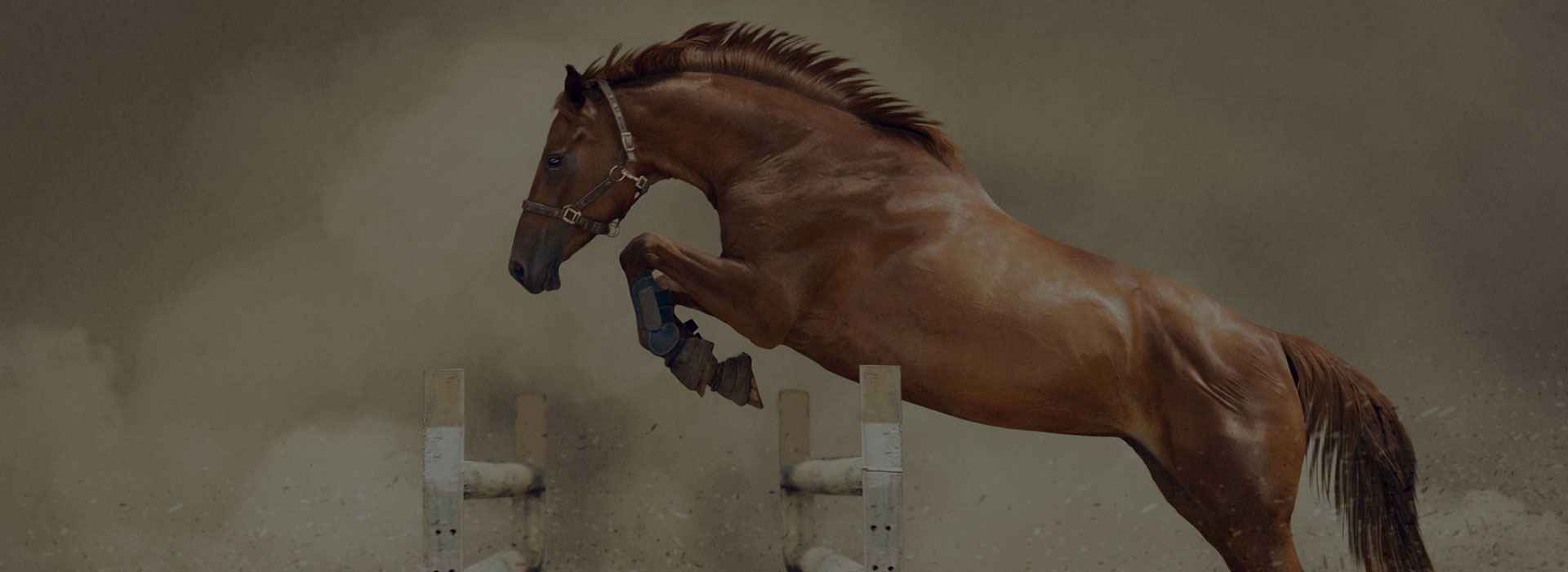
15 Aug What to feed a horse with ulcers
Many horses will require medication in order to treat gastric ulcers. Though, a good diet and nutritional management can remedy gastric ulcers when used in conjunction with medical therapy. In our guide below, we discuss which factors you should consider to reduce gastric ulcers.
Allow Continuous Grazing
Horses that graze pasture are less likely to develop ulcers than those that are kept in stables. Ulcers aren’t caused by stabling horses, but rather by the way they are fed when they are stabled. Usually owners will feed their horses intermittently i.e. two or three times per day. This feeding pattern has been proven to increase the severity of ulcers. Other factors which contribute to the formation of ulcers include insufficient water, a lack of exercise, as well as isolation from other horses. By allowing your horses to freely graze on pasture, you will start to slowly remedy their existing stomach ulcers.
Maximise Forage Intake
Lucerne hay is high in calcium, magnesium and protein, and is reported has a protective effect on a horse’s stomach lining. Combined, these contents help buffer stomach acid and thus reduce the chances of ulcers forming. If your horse is suffering from stomach ulcers then provide between 1k and 1.5kg of Lucerne hay per 100kgs that your horse weighs. Be sure to feed them good quality forage throughout the day and night.
Minimise Grain Rations
If grains make up part of your horse’s diet, then you should do three things:
- Limit grain intake to 0.5kg per 100kg of body weight per day
- Feed your horse hay first, followed by grains
- Feed grain meals more than 6 hours apart
The reason you want to feed your horse with hay first is because this will lead to a more optimal mixture of gastric content, which will help prevent further ulceration. Grains naturally reduce a horse’s saliva production. In turn, there’s less alkaline saliva to buffer acid in the horse’s stomach. Grain naturally ferments into fatty acids. When you combine that with an already naturally acidic stomach such as that of the horse, it increases the potential for further ulceration to happen.
So, when you’re treating your horse from ulcers, reduce the amount of grains you feed it e.g. barley and oats, and increase your horse’s intake of Lucerne hay and good quality grass.
Provide Plenty of Water
Horses that drink less water ultimately eat less. Ultimately, this will lead to decreased saliva production, and we’ve explained which problems that leads to. If your horse is in training then avoid repeatedly giving your horse hypertonic electrolyte replacement pastes or solutions. These too have been shown to lead to increase ulceration. If you can’t avoid this, however, give your horse a small meal first to help avoid ulceration. Ultimately though, water is what your horse needs.

